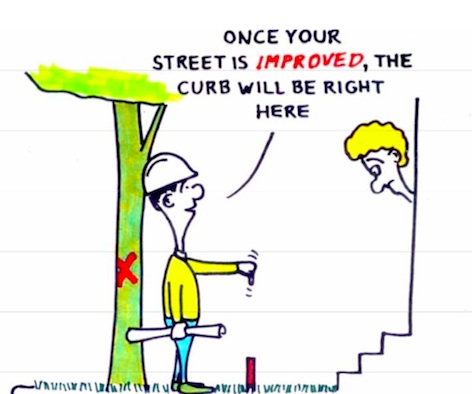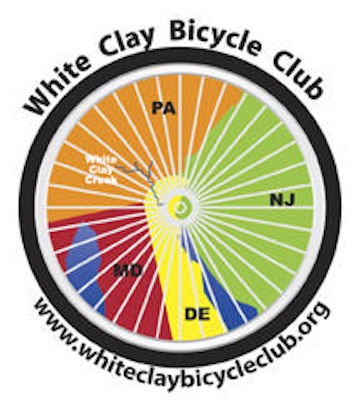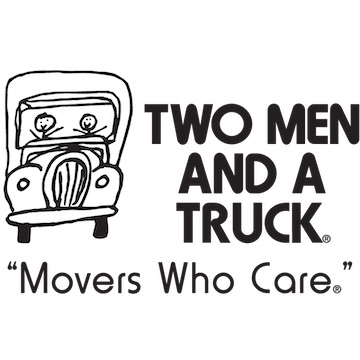First, Do No Harm to Pedestrians and Bicyclists

“Primum non nocere” (or “First do no harm”) is a fundamental principle of medical ethics. Despite the many and varied achievements of medical science (hand washing before moving on to a new patient, anesthesia and antibiotics), it is still taught to medical students as a reminder of the limits of their craft and the need to be humble.
Does the profession of traffic engineering need a similar ethical mandate? Or, to put in another way, are traffic engineers trained to be over-confident? Here are the reflections of a “recovering” engineer:
“When people would tell me that they did not want a wider street, I would tell them that they had to have it for safety reasons.
“When they answered that a wider street would make people drive faster and that would seem to be less safe, especially in front of their house where their kids were playing, I would confidently tell them that the wider road was more safe, especially when combined with the other safety enhancements the standards called for.
“When people objected to those other “enhancements”, like removing all of the trees near the road, I told them that for safety reasons we needed to improve the sight distances and ensure that the recovery zone was free of obstacles.
“When they pointed out that the “recovery zone” was also their “yard” and that their kids played kickball and hopscotch there, I recommended that they put up a fence, so long as the fence was outside of the right-of-way.
“When they objected to the cost of the wider, faster, treeless road that would turn their peaceful, front yard into the viewing area for a drag strip unless they built a concrete barricade along their front property line, I informed them that progress was sometimes expensive, but these standards have been shown to work across the state, the country and the world and I could not compromise with their safety.
“In retrospect I understand that this was utter insanity…..”
The Institute of Transportation Engineers has established a Canon of Ethics for it members. The very first line of the Canon is a self-confident exhortation to “Use professional knowledge and skill for the advancement of human welfare.”
RELATED:
• Institute of Transportation Engineers Canon of Ethics
• Can a Stroad Ever Be a “Complete Street”?
• The Important Difference Between a Road and A Street
• Do Conversations Like This Still Happen in 2011?
• Wider. Straighter. Smoother. Faster.
• “Complete Streets” = Routine Accommodation








